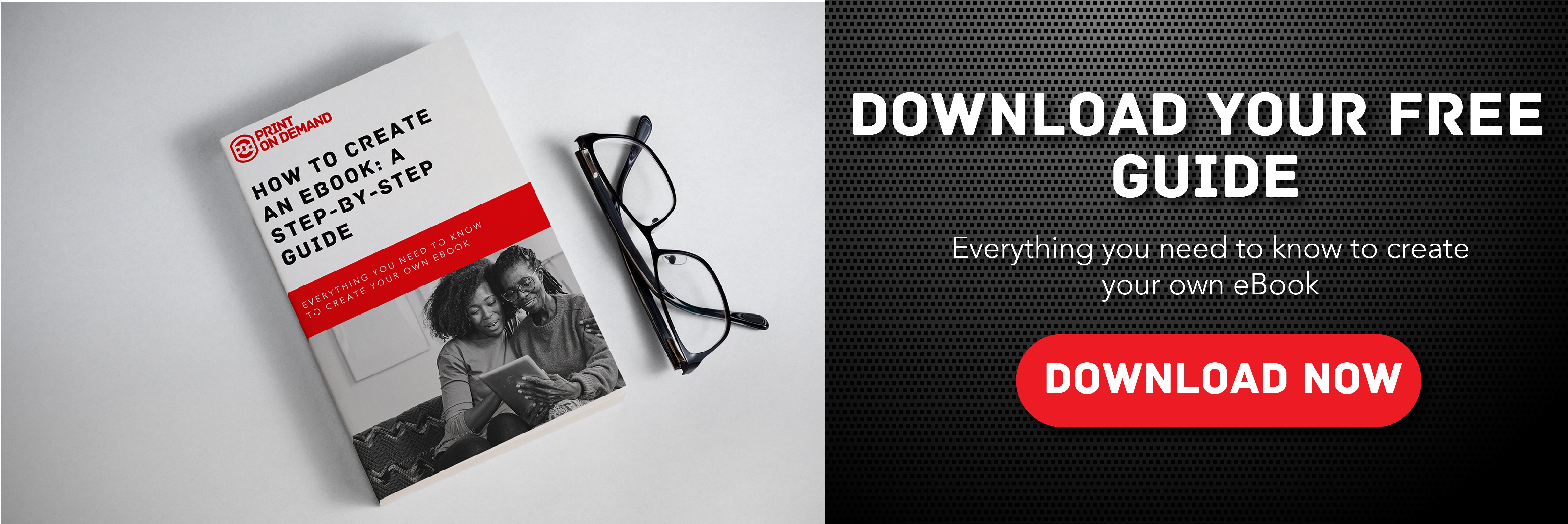The 5 main reasons there is still a place for books in the modern world
The publishing world changes constantly as it adapts to the needs and whims of both consumers and creators of content. In recent times we have seen the decline and fall of traditional magazine publishing, and it is well known that newspaper circulations globally are falling. Without a doubt the way that content is consumed changes.
Look at music as an example: records became tapes which in turn became compact discs. But all those mediums have pretty much been consigned to the museums, and streaming services have become the standard way to listen to music. So, asking if there is still a place for books in the modern world seems like a valid question. The cartoon Tweeted below by Atal Agarwal sums up the way many people see it going. But is that really the destiny for the written word? Let's explore it and see why we are convinced that, without a doubt, there remains a place for books for years to come.
Future of books 😂🤣 pic.twitter.com/eSMT8osr2c
— Atal Agarwal (@atalagarwal) December 18, 2020
A book is not a platform
Before this discussion goes any further, we probably need to decide what a book is. If you consider a book to be the sort of thing that was first printed on the Gutenberg press back in 1436 then perhaps your definition of ‘book’ is too narrow. That’s almost akin to suggesting that it is only a song if it can be listened to on a record. The reality is that a book is an experience. It is the means by which a writer shares a story or ideas with a reader. In the same way that it can be fiction or non-fiction, a book can also be in audio form, in digital form or printed on paper. A book is something that transcends platforms.
These days a reader has a lot of choice about how they consume their literature. In order to stay relevant, publishers need to ensure they can provide readers (and authors) with the mediums that they like best. For instance, publishers need to consider alternative mediums like audiobooks or the needs of self-publishing writers.
A book is an experience
Modern consumers of content are spoiled for choice. There is social media. There is Netflix. YouTube has an abundance of high-quality content. And there are still newspapers and old-school television as well. But despite all this choice, there is nothing quite like getting lost in a good novel or learning new skills from an expert who has written it all down in a book. Yes, the world is increasingly becoming full of noise and alternative options, but a book still offers something that no other medium really can – it offers time and depth. Immersion, if you will.

Reading a book is not a fleeting touch-point or a quick shot of dopamine, it is more like a relationship. A book is knowledge and fuel for imagination. A book is a journey and a meeting of minds. In a world that is full of new and exciting experiences, there is still nothing that can replicate what a reader gets from a book. And studies suggest that of all the mediums in which books are available, the most immersive and beneficial form to read, is the old-school, printed version.
Books are timeless
Great works of art are with us forever. History cannot be erased and, while creations of the past will undoubtedly be forgotten along the way, the classics and the items of enduring quality will stay forever. Shakespeare hasn’t got any less good in the almost 500 years that have passed since he was writing. Dickens and Austen are still enjoyed by many as are more contemporary writers like John Grisham, Nick Hornby and countless others – from big names with big publishing deals to lesser names like those going the route of self-publishing, South Africa has many who fit this bill. These are great bodies of work that will be studied and enjoyed for a long time to come. Compare books to social media… it may be easy to recall a witty or smart Tweet or meme that you have seen recently, but there are very few classic pieces of social media content that will be recalled for generations to come.
Similarly, movies or series date very quickly – which is why they so often need to be remade. Because books play out in the theatre of your mind, they remain timeless. It is quite conceivable that there will be a remake of the Harry Potter movies in the next 50 years, but we can be certain that there will never be a need to re-write the books.

Business Models will adapt
Arguments against books suggest that they are too expensive; that they are elitist; that they take too long to consume may all be valid in one way or another. But that is not to say the problem lies with the book. These are problems that are solvable, and which can be moved past quite easily. In fact, it all comes down to supply and demand, the old driver behind all business. If books are too expensive then the demand for them will decline which will force the retailers and publishers to drop their prices. If books take too long to read, then audiobooks suddenly present themselves as an option. Books can only be deemed elitist if they are not easily accessible to the masses, and as digital access shrinks the world, so books suddenly become an option for everyone. Yes, the medium may change, the price points may fluctuate, there will undoubtedly be change, but the book itself will remain. Recent times have seen new and innovative models appear in response to these market demands. Things like print on demand technology or book of one pricing models are the result.
Over the last decade, the presence of digital books has increased exponentially, yet despite that, the Association of American Publishers’ annual report 2019 suggests that in the US, publishers of books in all formats made almost $26 billion in revenue, with print making up $22.6 billion and e-books taking $2.04 billion. So yes, the market is changing but it is still very much with the traditional formats.
Old school still has lots of advantages
For those to whom ‘book’ means a printed book, it is pleasing to note that research shows there are many advantages to reading old-school books. Without a doubt, there are advantages to digital books as well. Each medium has its own strengths. But if you are looking to justify your ongoing purchase of printed books, or you are debating whether it is time for you to be self-publishing your masterpiece, here are some of the facts you might want to bring up, all collated in one place by the people at Mentalfloss.com. Printed books are easier on the eyes. You are less likely to be distracted. Children who read printed books become better readers. And those who read them absorb more information and achieve higher academically. Talk about winning!





